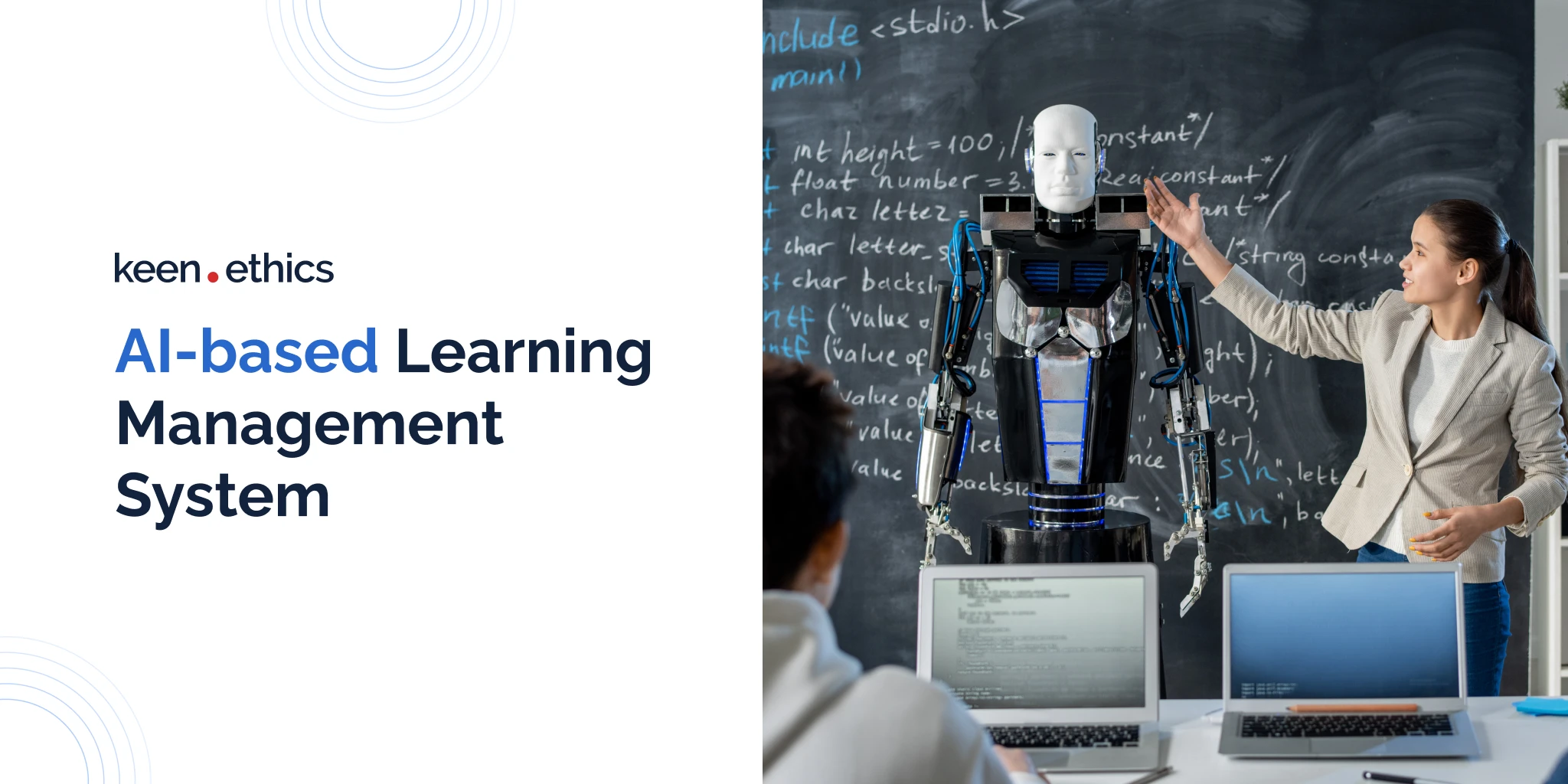Choosing the most effective Understanding Management System for Your Organization
Selecting the optimal Knowing Administration System (LMS) for your company is a multifaceted choice that requires mindful consideration of different components. From specifying accurate discovering objectives that resonate with your calculated vision to assessing individual experience, each variable plays a pivotal role in the total efficiency of the system. Furthermore, understanding integration capacities and ensuring scalability for future needs can not be forgotten. As companies make every effort for effectiveness and growth, the selection of an LMS comes to be increasingly substantial. What are the vital considerations that can affect your decision-making procedure?
Specify Your Discovering Purposes
Defining clear learning goals is crucial for the successful implementation of a Learning Monitoring System (LMS) These objectives serve as a roadmap, leading the development of material, assessments, and total instructional strategies within the LMS. By establishing certain, measurable, attainable, appropriate, and time-bound (WISE) objectives, organizations can ensure that the understanding experiences are lined up with their calculated goals and student requirements.
Efficient discovering purposes ought to encapsulate what learners are expected to know or be able to do upon conclusion of a training course or training program. This quality not only help in material production yet also promotes the analysis of student progression and the total effectiveness of the LMS. Learning Management System Singapore. Additionally, distinct purposes enable stakeholders to analyze whether the chosen LMS performances and features straighten with their instructional objectives.
Assess User Experience
Once finding out purposes have been developed, examining individual experience comes to be an essential next step in choosing a proper Understanding Management System (LMS) Individual experience encompasses the general fulfillment and convenience with which students connect with the system. A well-designed LMS should promote instinctive navigating, ensuring that individuals can find programs, products, and support effortlessly.
To assess customer experience, take into consideration conducting functionality testing with a depictive example of end-users. This can offer useful insights into how learners involve with the platform. Key aspects to review include the LMS's user interface style, access functions, mobile compatibility, and the clarity of guidelines offered. User feedback is essential; gathering studies or carrying out meetings can disclose typical discomfort points and locations for improvement.
In addition, evaluate the schedule of support sources, such as tutorials and assistance facilities, which can improve the individual experience. The responsiveness of customer assistance is also crucial; timely aid can significantly alleviate disappointments that individuals may encounter. Inevitably, choosing an LMS that focuses on customer experience not just improves the learning procedure yet likewise fosters higher interaction and satisfaction among learners.

Evaluate Combination Capacities
Recognizing the value of smooth functionality, examining combination abilities is crucial when picking a Knowing Monitoring System (LMS) A reliable LMS needs to facilitate interoperability with existing systems, such as Human Source Management Systems (HRMS), Consumer Partnership Monitoring (CRM) systems, and various other academic devices. This integration enhances information flow, lowers management concerns, and guarantees a natural understanding setting.
When evaluating an LMS, think about the kinds of assimilations provided. Seek Application Programs Interfaces (APIs), Solitary Sign-On (SSO) capabilities, and pre-built connectors that streamline assimilation procedures. Additionally, confirm the LMS's ability to integrate with third-party devices, such as content collections or evaluation systems, which can substantially improve the discovering experience.

Consider Scalability and Adaptability
As organizations develop, the ability of a Knowing Management System (LMS) to scale and adjust becomes significantly crucial. A scalable LMS can fit growth in individual numbers, course offerings, and web content without compromising efficiency or customer experience. As services broaden, whether via increased employees, new locations, or varied training needs, the LMS needs to flawlessly expand alongside these changes.
Versatility is just as crucial; an effective Read Full Article LMS must support numerous discovering modalities, such as online, blended, and mobile knowing. This adaptability enables companies to respond quickly to arising patterns in training and growth, making sure that they can use appealing and appropriate understanding experiences - Canvas Singapore. In addition, the system ought to offer personalized attributes, enabling companies to tailor the LMS to their particular demands and branding
Furthermore, an adaptable LMS ought to incorporate easily with existing tools and systems, assisting in a natural understanding community. Hence, when picking an LMS, it is vital to evaluate not only its current abilities however additionally its potential to grow and adjust abreast with the company's tactical objectives and evolving learning requirements. This foresight can significantly improve the long-term stability of the chosen LMS.
Review Prices and Budgeting
When reviewing an Understanding Management System (LMS), assessing costs and budgeting is crucial to ensure that the investment straightens with the company's tactical goals and financial capabilities. Organizations must start by determining the complete expense of possession, that includes licensing costs, implementation prices, upkeep, and any extra costs such as training and technological assistance.
It is essential to compare numerous LMS choices, as rates versions can vary substantially amongst vendors. Some systems might use a subscription-based design, while others may charge a single charge. Organizations needs to additionally take into consideration the scalability of the LMS; as they expand, the expense structure may change, influencing these details long-lasting budgeting.

Final Thought
Picking an ideal Understanding Monitoring System (LMS) is important for attaining business discovering goals. Eventually, the appropriate LMS serves as a pivotal tool in fostering an effective understanding atmosphere and driving business success (LMS SG).
Choosing the ideal Discovering Monitoring System (LMS) for your organization is a multifaceted decision that calls for careful consideration of numerous aspects.Specifying clear knowing purposes is necessary for the effective execution of an Understanding Management System (LMS)Once discovering goals have actually been established, examining user experience comes to be a crucial following action in choosing a suitable Learning Monitoring System (LMS)As organizations advance, the capability of an Understanding Monitoring System (LMS) to scale and adjust ends up being increasingly important.Selecting a suitable Knowing Management System (LMS) is important for accomplishing organizational discovering purposes.